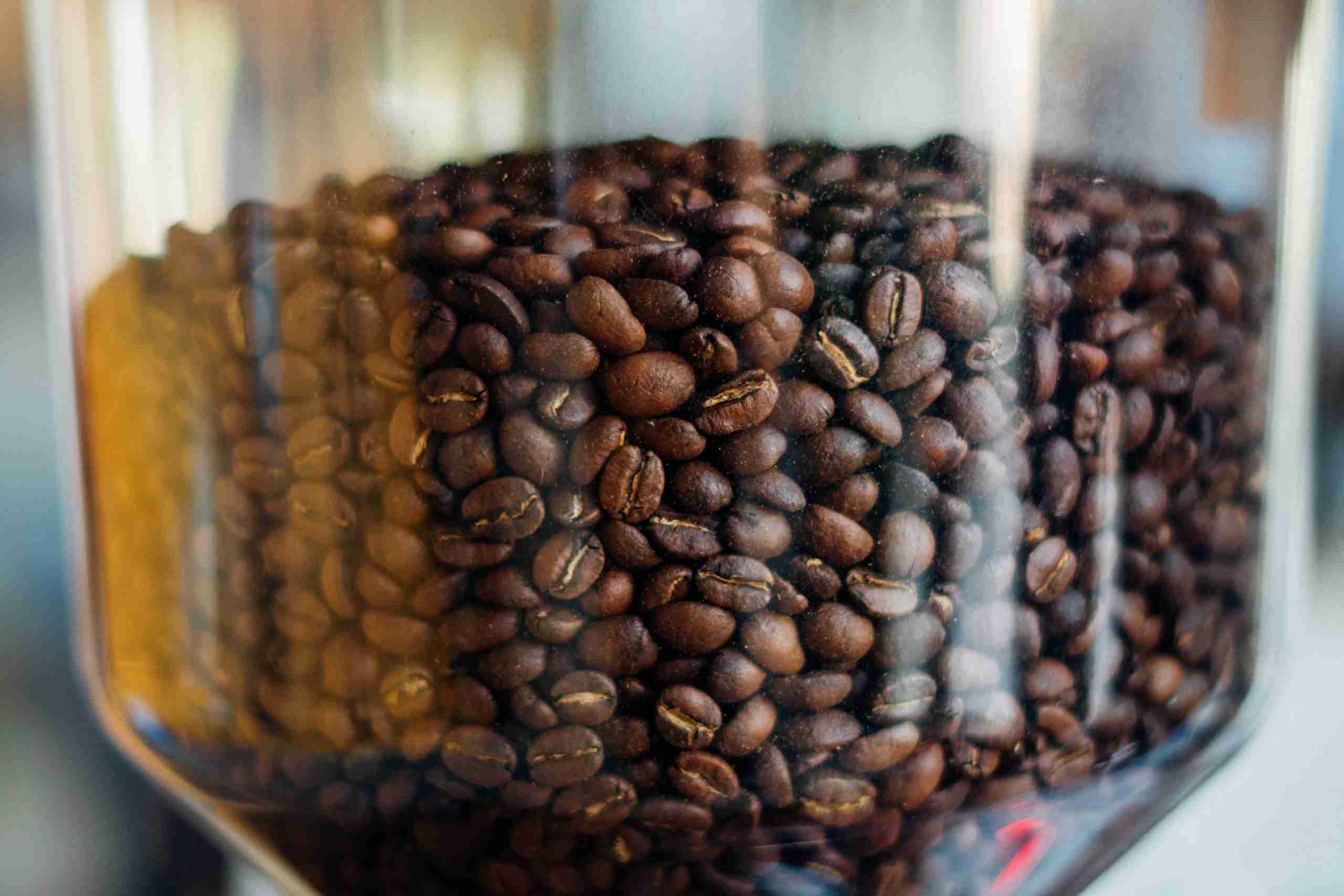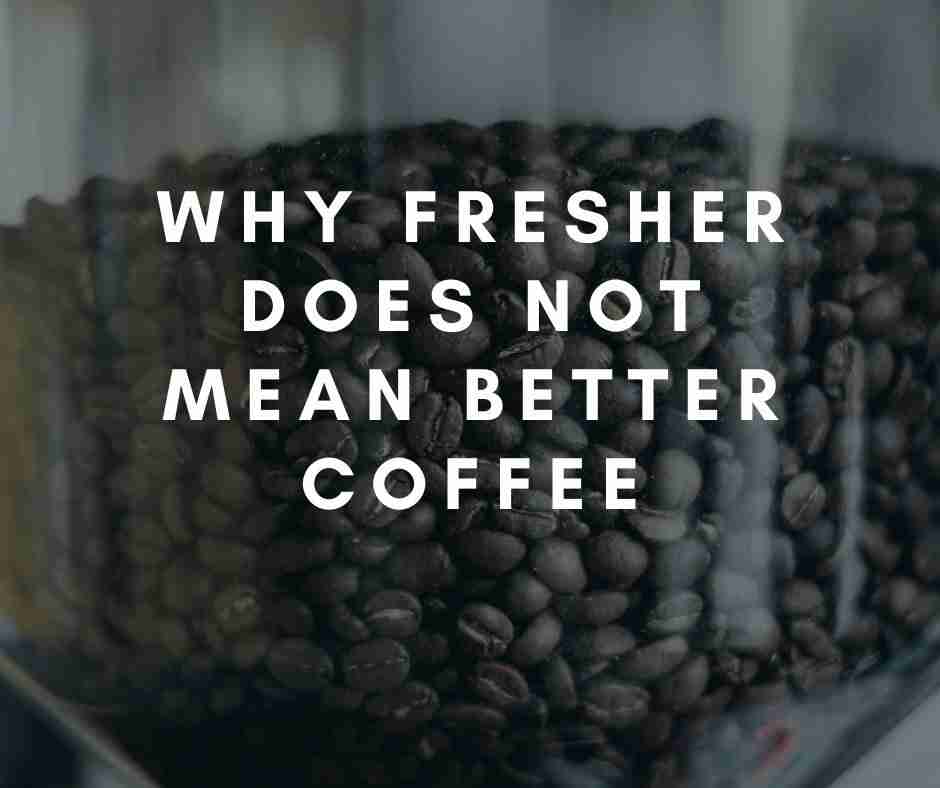
We’ve all been told that freshly roasted coffee beans are the best and that the fresher the coffee is the better it should taste.
Yet despite hearing this and always buying the coffee beans with the freshest roast date you may be experiencing mediocre or bland coffee.
You may have large blooms which may indicate freshness and think you may just be doing something wrong because fresh and expensive coffee shouldn’t taste bad.
However, there are a lot of confounding variables when picking out coffee and you should not only go off of the roasted date and freshness. This is one of the biggest misconceptions and myths about coffee, fresh is not always better.
In the coffee industry, it is a well-known fact that super fresh coffee is not good. Freshly roasted beans need time to release the built-up carbon dioxide that gets trapped within the bean during the roasting process. Coffee beans usually reach peak flavor between 2 – 3 weeks after roasting.
Degassing coffee beans, why fresh isn’t best
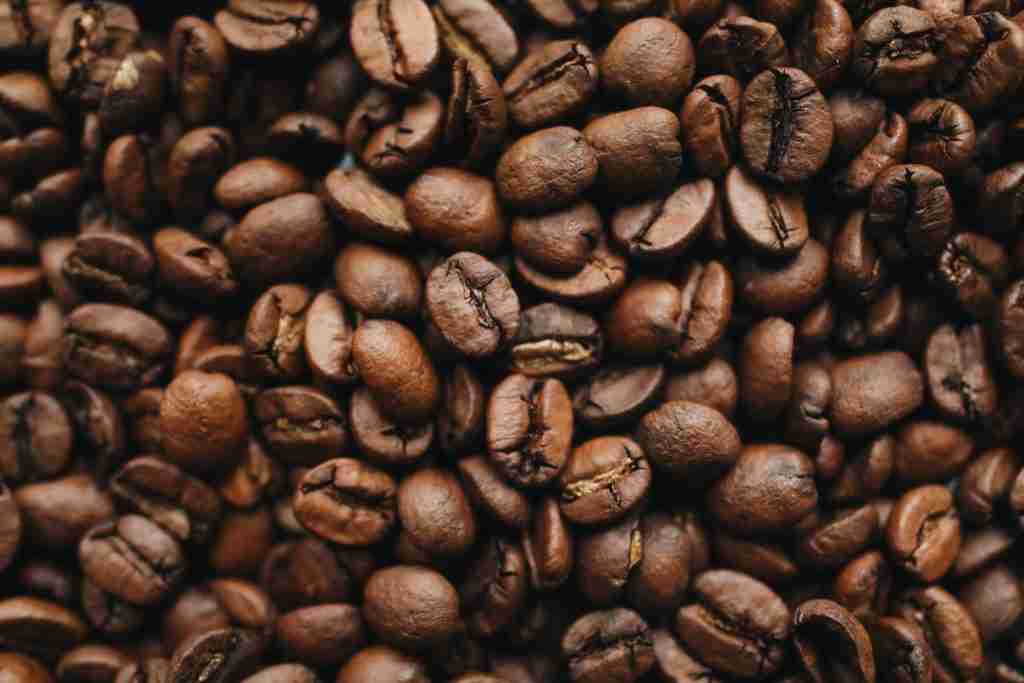
When shopping for coffee beans I always recommend you drink coffee that is not too close to the roast date. Usually, you want to wait a few days and ideally a week or more to drink your coffee. This is because the coffee hasn’t formed the compounds that are integral to the taste profile of good coffee. It is like letting your steak rest after cooking it.
Freshly roasted coffee beans have CO2 that is trapped inside the bean during the roasting process that can affect how the bean tastes when brewed.
The amount of time you should wait varies depending on what kind of brew you are planning on having. The standard recommendation for grinding freshly roasted coffee for pour-over and french press is around 10 days. However, for espresso shots, it is recommended that you wait 14 – 28 days and sometimes even longer.
This doesn’t mean your coffee will taste bad if you brew them immediately after roasting, but it is less predictable because of the CO2. Usually, super fresh coffee lacks clarity and the accentuated sweetness that some people desire from a cup of coffee. It is also less predictable because the CO2 also gets released as bloom while brewing your coffee and can prevent full extraction of your coffee beans.
Why Coffee bags have one-way air valves
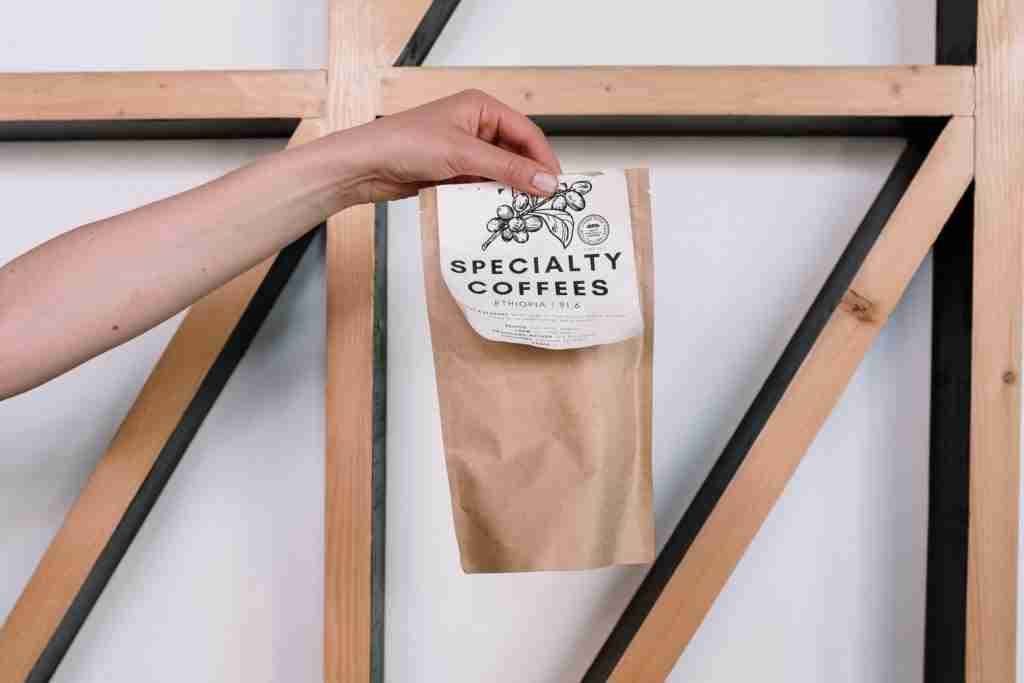
This CO2 slowly leaves the coffee beans after roasting and this happens even when the coffee beans are inside the bag. Sometimes you can see coffee bags with circular plastic valves on the bags. These are one-way air valves that let the CO2 inside the bag go out but do not let any air from the outside of the bag go in. These are crucial for keeping your coffee beans fresh and for fresh coffee beans to degas.
These air valves prevent the coffee bags from exploding and lets your beans degas. This has the additional benefit of preventing oxygen from interacting with your beans and oxidizing them.
You should keep an eye out when purchasing your next bag of coffee to make sure it has this valve. The hip coffee shops may sell an independently roasted coffee in a cool brown bag, but if it is missing this valve you can never be sure if it is good and it may be inconsistent. This is because they may pass their peak flavor and continue oxidizing because the bag does not prevent air from getting in. Some roasters even flush their bags with nitrogen because it does not interact with the coffee beans and does not affect the flavor.
This is especially the case with ground coffee because there is more surface area to oxidize. When you open a bag of ground coffee and it does not have this one-way valve you should transfer it to an air-tight container with preferably a way to remove all the oxygen.
Dark roasted coffee is also especially susceptible to oxygen exposure because the roasting process goes on for a longer period of time. This breaks down the cellular structure of the bean more exposing the tasty coffee oils and dark chocolate flavors. However, this also decreases the shelf life these flavors persist for and oxygen can destroy these flavor compounds so you have to keep them safe in an air-tight container!
Light roasted coffees usually last for a longer time because the cell structure is still intact and can still contain the coffee flavors.
Oxidation of freshly roasted coffee beans
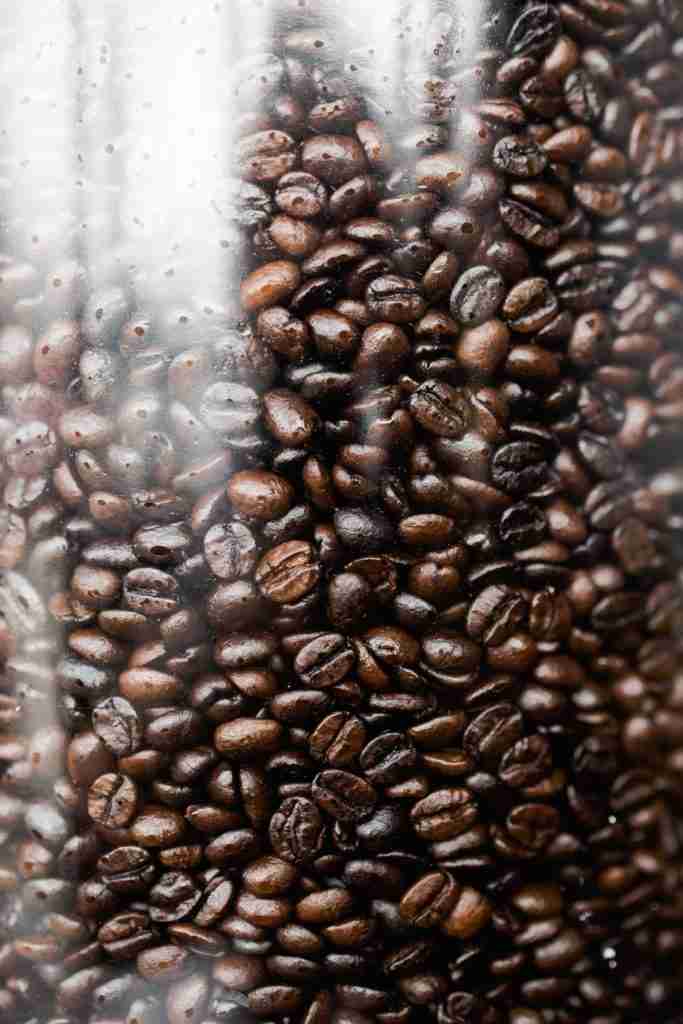
Coffee beans start oxidizing once they get out of the roaster. This is why it is so important to properly store your coffee beans.
Oxidation is a good and bad thing. It is what gives coffee its great aroma. But this goes on even when you aren’t brewing your coffee beans. That scent you are smelling is actually the oxygen oxidizing and slowly removing the flavor from your coffee beans.
However, once they are stored properly coffee beans do not suffer from spoilage and can last for a long time. Creating an oxygen-free environment for your freshly roasted beans to age is important to find the peak time to brew your beans.
Read more about how to properly store your coffee beans. This article goes over the best way to keep your coffee beans fresh so you can make good coffee for longer.
Peak Coffee period, the best time to brew your beans
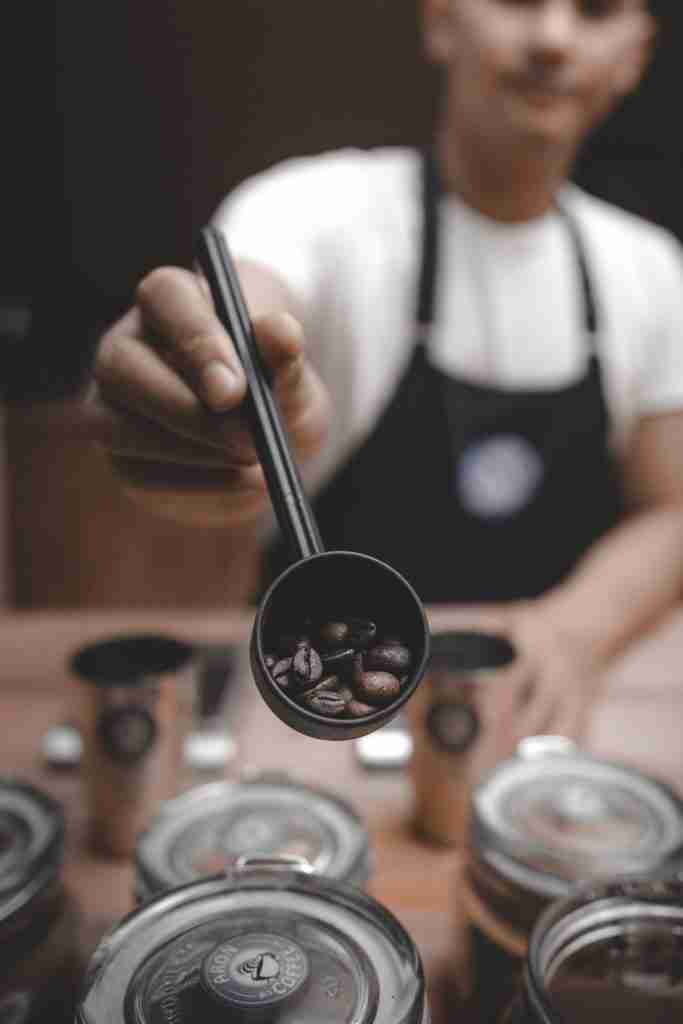
It is always important to experiment. The amount of time you should wait depends on a lot of factors like the roaster, roast profile, brewing equipment, set up, and your own preferences.
Half the fun of coffee is experimenting to find out what you like. Generally, I have found that coffee tastes bests before the 6-week mark after roasting. Anything past that point and you may taste a difference in flavor. Remember, the coffee may not taste as good but coffee does not expire.
That being said, if you are meticulous about your roast dates, pulling a shot from a 6 week old coffee will usually trump any coffee you find at a local coffee shop.
Conclusion
There are a lot of factors that go into making a great cup of coffee. It doesn’t always have to be about the freshness.
Sometimes coffee can be too fresh or can be stored incorrectly resulting in bad coffee.
When looking for your next bag of coffee, keep your eye out and use these tips to improve your next cup of coffee!

